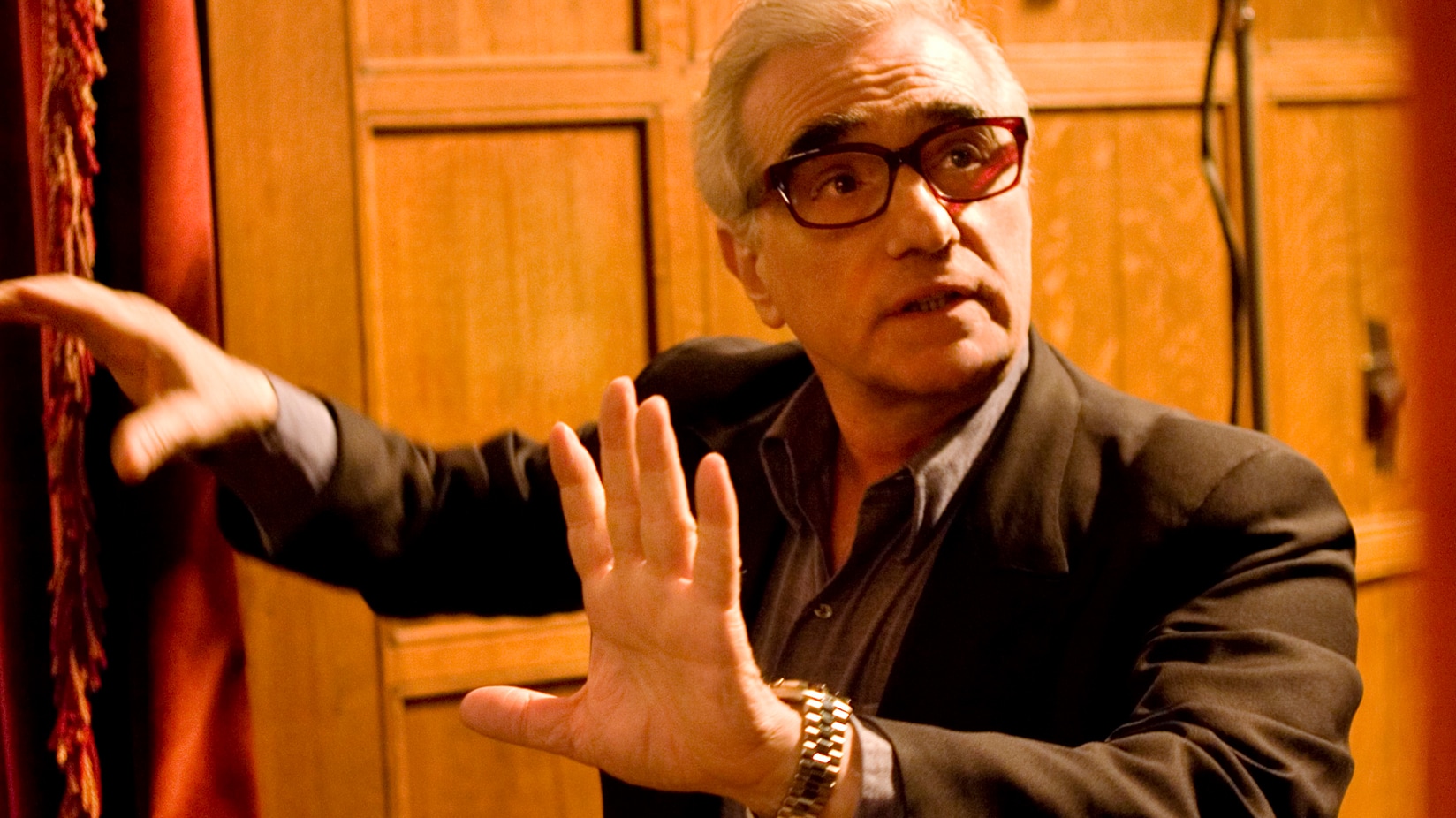Scorsese Screens - May 2022
This month, TCM has put together a little program of films by Raoul Walsh. No particular reason, just an opportunity to pay tribute to a great American director. Walsh, who was born in 1887 and started making movies in the early teens, was credited with somewhere in the neighborhood of 120 pictures. His life in movies was tied to the development of the medium and the rise and fall of the studio system, and he had the kind of career that simply isn’t possible anymore. He was prolific, to put it mildly.
He never cultivated his own material in the manner of Ford or Hawks or Hitchcock, but throughout his career he seemed to hit stretches—in the late teens, the early thirties, all of the 40s and the early 50s—where the conditions were optimal and he settled into a kind of groove. With the possible exceptions of silents like The Thief of Bagdad and Sadie Thompson, Walsh never made what you would call “prestige pictures.” Instead, he took the melodramas and the gangster pictures and the seafaring adventures he was assigned to and he made them sing. His pictures had what I have to call fluidity: he knew how to make movies move, and move gracefully.
He also had a great feel for working class life and camaraderie, both of which have almost completely disappeared from American movies. They were at the heart of Warner Brothers movies in the 30s and 40s, and it’s no wonder that Walsh’s career flourished when he went to the studio in 1939 (his first picture there, The Roaring Twenties—not included in the tribute—is one of my favorites, and it’s always been central for me). The first half of They Drive By Night (1940), which is being shown, is a kind of song of the open road, a celebration of the life of independent truckers: their roadside haunts, their haggling and bantering, the chances they take, the misfortunes they suffer. You feel their exhaustion and their bitterness, but you also feel their friendship and their shared code of honor.
I’m very fond of Captain Horatio Hornblower (1951) with Gregory Peck, a high seas adventure set during the Napoleonic wars that overflows with life. And his 1949 White Heat, another favorite, is still shocking on many levels: the tawdriness of the settings, the absolute strangeness of James Cagney’s relationship with his mother (Margaret Wycherly), the almost expressionistic physicality, particularly in the classic scene where Cagney has a tantrum in the prison mess hall.
I’ve gone back to White Heat and many other Walsh pictures over the years, and I always learn something—a set-up or a bit of staging that seems outwardly simple and unassuming until you study it and see the ingenuity. Walsh possessed such a rare combination of qualities: modesty, lyricism, a genius for mass scenes with a lot of moving parts and complex action, a very delicate sentimentality, a great vigor. I admire Walsh, and my favorites among his pictures live close to my heart.














